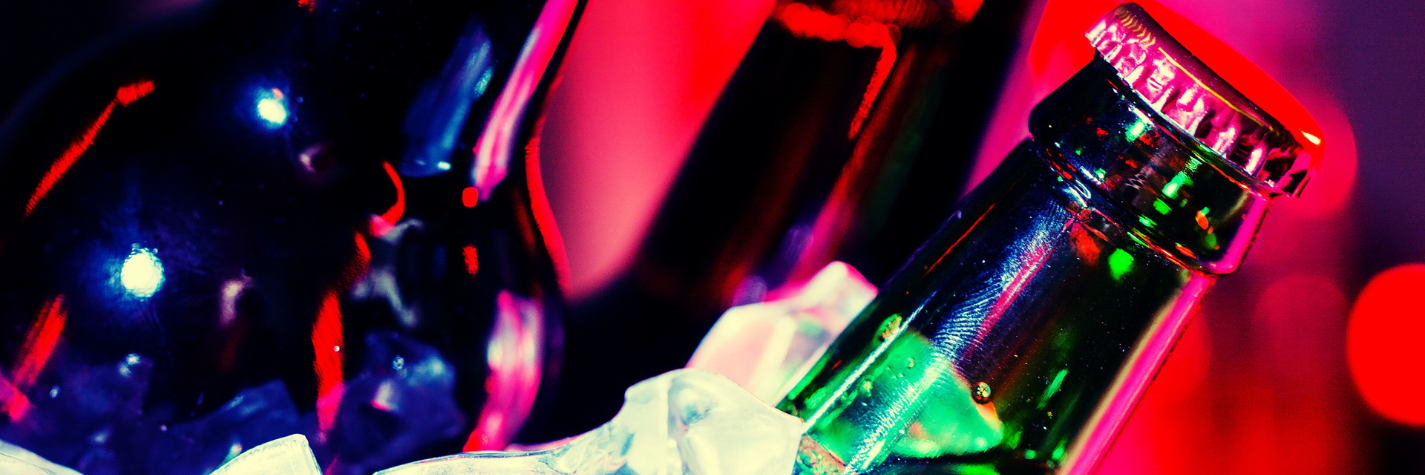
Staying Safe Around Alcohol
Planning to drink? It’s important to stay safe. Here are some tips to protect yourself and others. Remember, not drinking at all is always the safest choice.
Before You Drink
Know Your Drink: Different drinks have different amounts of alcohol—some are much stronger than others.
Eat Beforehand: A proper meal slows how quickly alcohol is absorbed by your body.
Have a Plan: Know where you’re going, who you’re with, and how to get home safely.
While You’re Drinking
Slow Down: Your body takes time to process alcohol. Drinking too fast can make you drunk quickly.
Stay Hydrated: Drink water or soft drinks between alcoholic drinks to stay hydrated.
Listen to Your Body: If you feel drunk, switch to non-alcoholic drinks—your body will still be processing the alcohol you’ve already had.
Keep Your Drink Safe: Never leave your drink unattended or accept a drink from someone you don’t know.
Stick Together: Don’t drink alone; always stay with friends.
Where You Are
Be in a Safe Place: Avoid drinking near roads, rivers, or unsafe areas.
Look Out for Friends: Watch for signs someone has had too much and be ready to help.
Have an Emergency Plan: Know what to do if something goes wrong.
How to Handle Peer Pressure
It can be hard to say no if friends offer you alcohol. Here’s how to stay confident:
Be Ready: Think about how you’ll respond ahead of time.
Say It Clearly: A firm but polite “No thanks” works.
Surround Yourself with Support: Stick with friends who respect your choices.
Think About Your Friends: If saying no feels impossible, consider whether these are the right friends for you.
What to Do in an Emergency
If someone needs help because of alcohol or drugs:
Stay Calm: Call 999 immediately and ask for an ambulance.
Stay With Them: Keep them awake and talking if possible.
If Unconscious: Put them in the recovery position:
Lay them on their side.
Tilt their head back to keep their airway open.
Make sure they won’t roll over.
Give Information: Tell the ambulance crew exactly what they drank or took.
Don’t worry about getting into trouble—saving a life is more important.
What Happens at A&E
If you or a friend needs to go to the hospital because of alcohol or drugs, here’s what you need to know:
Under 16: You will be seen in the Children’s Emergency Department.
16 or Older: You will be seen in the Adults’ Emergency Department.
At A&E, doctors and nurses will do their best to help. They might:
Give medicine or treatment to counteract the effects of the drugs.
Keep an eye on your friend until they are safe and no longer at risk.
Why Information is Important
Drugs and alcohol stay in the body for different amounts of time. It’s very important to tell the medical team:
What your friend drank or took.
How much alcohol or drugs they had.
Any medical conditions they might have (like asthma or allergies).
This information will help the doctors give the best treatment quickly.
Support at A&E
Sometimes, there are workers from the Response Substance and Alcohol Team at A&E. They are there to:
Listen to you.
Offer advice and support.
Help you understand what happened and how to stay safe in the future.
You can also choose to be referred to their service for extra help if you want it. These workers are there to help—not judge.
Helping your friend by staying calm and giving accurate information can make a big difference. Don’t be afraid to ask for support—you’re doing the right thing.
Quick Info
How It Feels: Sociable, chatty, relaxed, or sometimes anxious, aggressive, or risk-taking.
Effects on the Body: Slurred speech, blurred vision, loss of balance or coordination.
How Quickly It Works: Effects start in about 10 minutes, depending on the drink’s strength and speed of drinking.
How Long It Lasts: Effects last for hours; can cause a hangover the next day.
Risks:
Binge drinking can cause injuries, accidents, or fights.
Long-term use damages the brain, body, and organs.
Mixing with drugs (e.g., sedatives) increases the risk of overdose.
Mixing Drugs: Always risky; some combinations are extremely dangerous.
